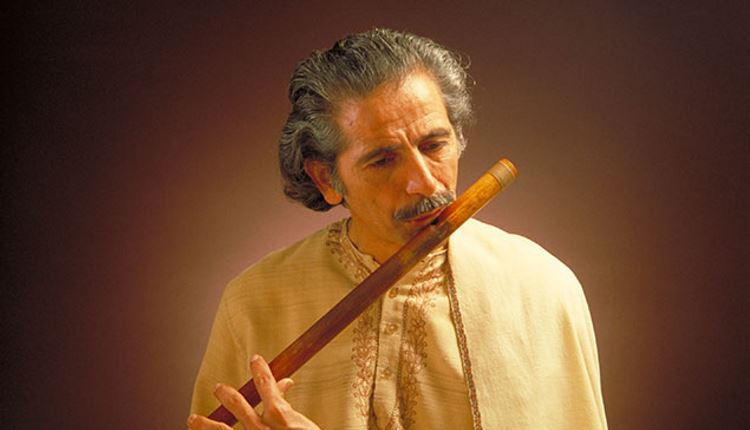Response to a comment on ahadith about music
The only thing I am not comfortable with is that as I read the biography of Prophet (PBUH), I don’t find his companions in arguments with him about his commandments. They used to follow him straightaway, whereas, when you comment on some hadith, you start using “aqal” or “special circumstances” etc. For example, you said about music that it is not “Haraam Mutlaq”. I ask you how many sahabah have been enjoying music during and after the life of Prophet (pbuh)?
The one hadith that supporters of music use to reference is: while Prophet on eid day was listening to something called music, which was about the war of two tribes, by two girls and Abu Bakr came and tried to stop them, the Prophet (pbuh) let them sing. Do you think that is enough to give people reason about music and musical instruments? If you agree with me, the way of Islam is to block down the ways go to sin or fitnah. If I agree with you allowing people to enjoy music, then how many checks would you implement to make it permissible form or forbidden form? Furthermore, in that hadith, the two girls could play how many instruments on the basis of which today’s so called musicians will use all the instruments available and if you allow so, don’t you think you are opening a gate of big fitnah? Furthermore, in a life of Muslim, there is no free time to enjoy these artistic things rather a true momin tries to utilize his time to spread the word of Allah rather satisfying his artistic needs.
Answer
Our religion hasn’t declared anything haraam in a way that some people came to learn about it and others didn’t. Ahadith about music became well known only in the third century. Prior to that they were available with some individuals. Can such an arrangement be from God? We have to interpret ahadith in the light of Quran and sunnah and not as an independent source of knowledge.
A few things need to be kept in mind:
i) what you have mentioned is contained in the literature of hadith that came to be known in the third century hijrah. What were Muslims doing about music in the first two centuries? Was it not the Almighty’s concern that music should have been disallowed to them as well as clearly as it was to us?
ii) You seem to be assuming that the incidents you have narrated have come down to us in very authentic form. We cannot be certain about the authenticity of any of these reports.
iii) We cannot impose anything on people in the name of religion which is not clearly coming from Quran and sunnah.
iv) It is good to be careful for an individual if he is exercising the rule of caution on himself; it is dangerous to spread verdicts based on the principle because such verdicts are likely to make life difficult for others. The prophet, alaihissalaam, is reported to have said: “Make things easiers for them, and don’t make them difficult. Give them good news and don’t make them wary (of religion).”
[This is Dr. Khalid Zaheer’s response to a blog comment.]

